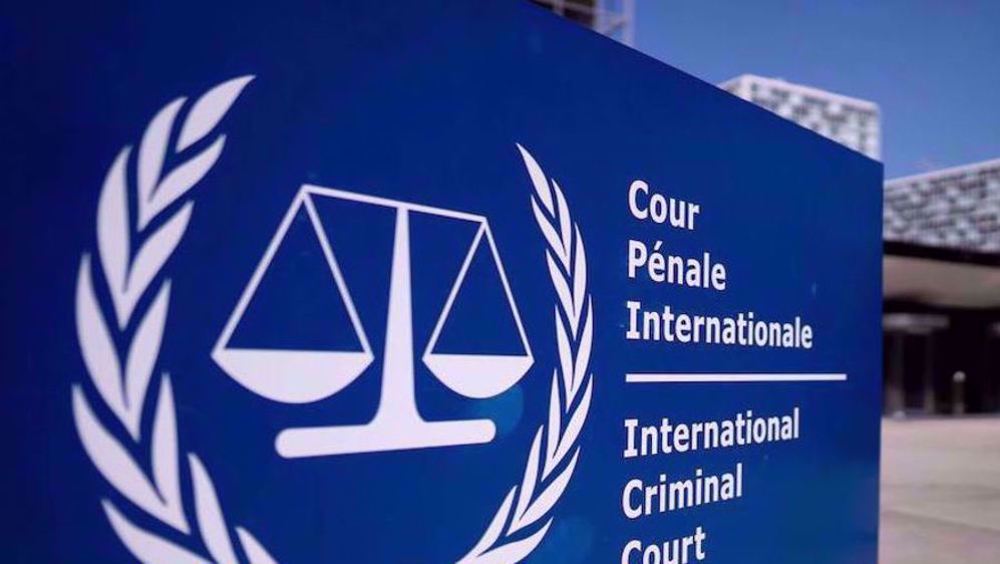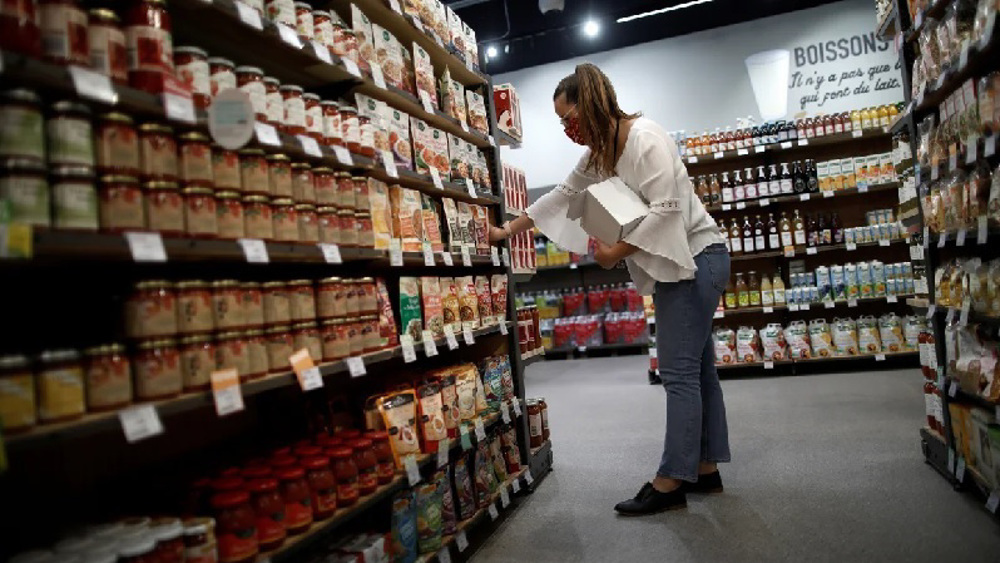Europe toughens COVID-19 measures as WHO warns of spike in deaths
Several European countries have announced plans to impose tougher measures to contain the spread of COVID-19, as the World Health Organization (WHO) warns of a spike in the number of deaths caused by the virus.
The new measures are introduced as new cases are hitting 100,000 daily in Europe. Nearly 20,000 infections were reported in Britain, while Italy, Switzerland and Russia were among nations with record case numbers.
Germany at ‘decisive stage’
The German government announced the new measures as daily infections passed 5,000 — the highest since April – and the country entered a "decisive" stage in its efforts to combat the virus.
The measures, which include limits on the number of people at private gatherings and a curfew for bars and restaurants in areas deemed hotspots, were agreed following an eight-hour meeting between German Chancellor Angela Merkel and the country's 16 state premiers.
"I am convinced that what we do now will be decisive for how we come through this pandemic," Merkel said. "We are already in a phase of exponential growth, the daily numbers show that.”
Curfew, public health emergency in France
French President Emmanuel Macron has announced a late night curfew for residents in Paris, Marseille and seven other cities.
The restriction, which will come into force on Saturday and last for at least four weeks, will mean residents will not be able to go to restaurants or private homes during these hours.
Macron said on national television: "We have to act. We need to put a brake on the spread of the virus."
The government also declared a public health state of emergency, giving officials greater powers to impose new measures to contain the spread of COVID-19.
“The COVID-19 epidemic constitutes a public health disaster which, by its character and its severity, puts at risk the health of the population,” the government said in a statement announcing the state of emergency.
“It justifies the declaration of a state of emergency so that measures can be adopted ... which are strictly proportionate to the public health risks.”
Portugal to fine rule-breakers
In Portugal, tougher measures will be imposed from Thursday onwards to contain record levels of coronavirus cases, including stricter limits on gatherings and heavier penalties for rule-breaking establishments.
Prime Minister Antonio Costa will also submit a proposal to parliament to make face masks compulsory in crowded outdoor spaces, and use of the government’s tracing app compulsory for some workforces.
Demands grow in UK for temporary shutdown
Prime Minister Boris Johnson on Wednesday said a new UK-wide lockdown would be a "disaster" but refused to rule it out as demands grew for a temporary shutdown to stop the spread of coronavirus.
Opposition Labour leader Keir Starmer has thrown his weight behind a two-week "circuit break" to stop a surge in cases of Covid-19, after the proposal was endorsed by the government's scientific advisory committee.
Devolved authorities in Northern Ireland added to the pressure Wednesday by announcing plans to shut pubs and restaurants for four weeks, tighten restrictions on social gatherings and extend the mid-term school break to counter soaring case numbers there.
Johnson is reportedly mulling a similar move in England -- for which the UK government has jurisdiction on health issues -- which experts suggest could coincide with school half-term holiday starting on October 23.
The Conservative leader is desperate to avoid a repeat of the devastating outbreak in March when coronavirus swept across the UK, leaving more than 43,000 confirmed deaths so far -- the worst toll from the pandemic in Europe.
WHO warns of spike in deaths
The WHO on Wednesday warned against any complacency in the coronavirus death rate, saying mortality would also rise with the increasing number of cases.
While deaths globally have fallen to around 5,000 per day from April’s peak exceeding 7,500, WHO Chief Scientist Soumya Swaminathan said caseloads were rising in intensive care units.
“Mortality increases always lag behind increasing cases by a couple of weeks,” Swaminathan said during a WHO social media event. “We shouldn’t be complacent that death rates are coming down.”
More than 38 million people have been reported infected globally and 1.1 million have died.
Despite the global push for a COVID-19 vaccine, with dozens in clinical trials and hopes for initial inoculations this year, Swaminathan reiterated that speedy, mass shots were unlikely.

Qatar joins Israel for 'side by side training' in aerial drills in Greece

Defying ICC arrest warrant, Hungary scheduled to host Netanyahu

European preparedness strategy
Iran VP opens privately-owned $150 mln hotel in north Iran
Iran urges IAEA to take a clear stance against threats to its nuclear facilities
Palestinian teenager dies in Israel's jail after being held 6 months without charge
Pro-Palestinian student leaves US amid deportation threats
US announces new sanctions targeting Iran’s drone program
Israel has killed over 300 children since it broke Gaza ceasefire: UNICEF
Iran determined to implement all its agreements with Iraq: President Pezeshkian
VIDEO | Leader meets with ambassadors, officials on Eid al-Fitr












 This makes it easy to access the Press TV website
This makes it easy to access the Press TV website